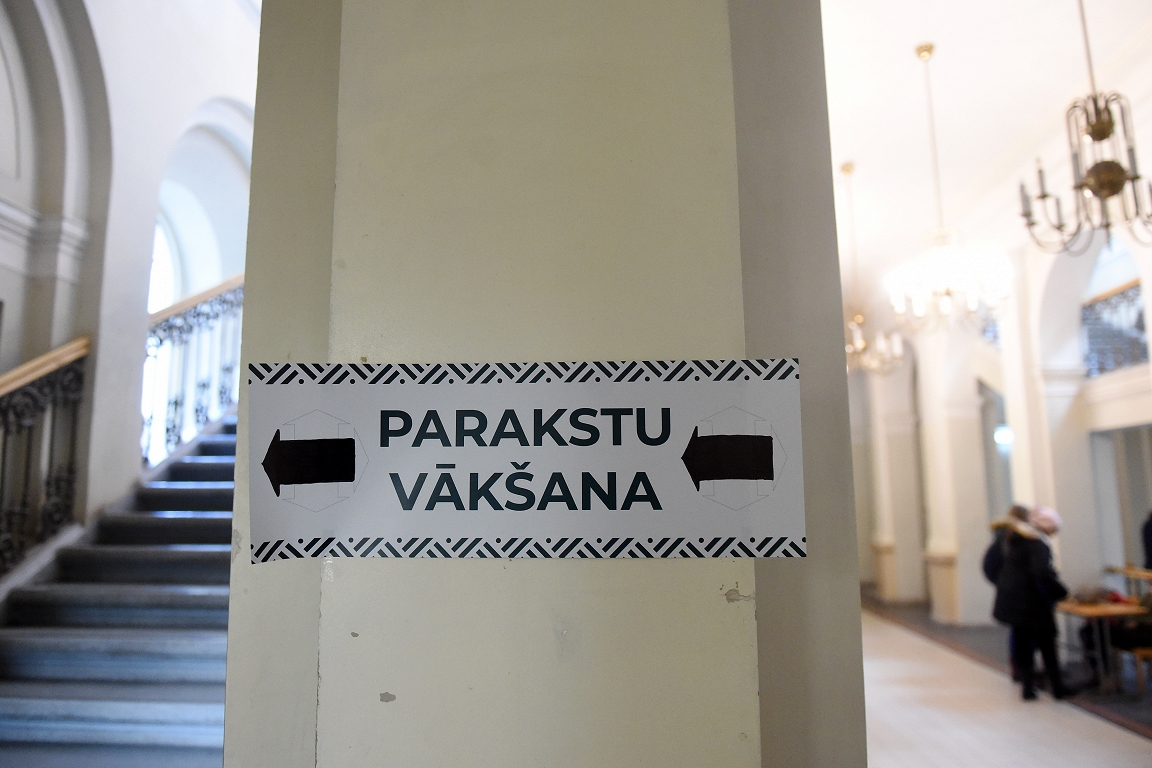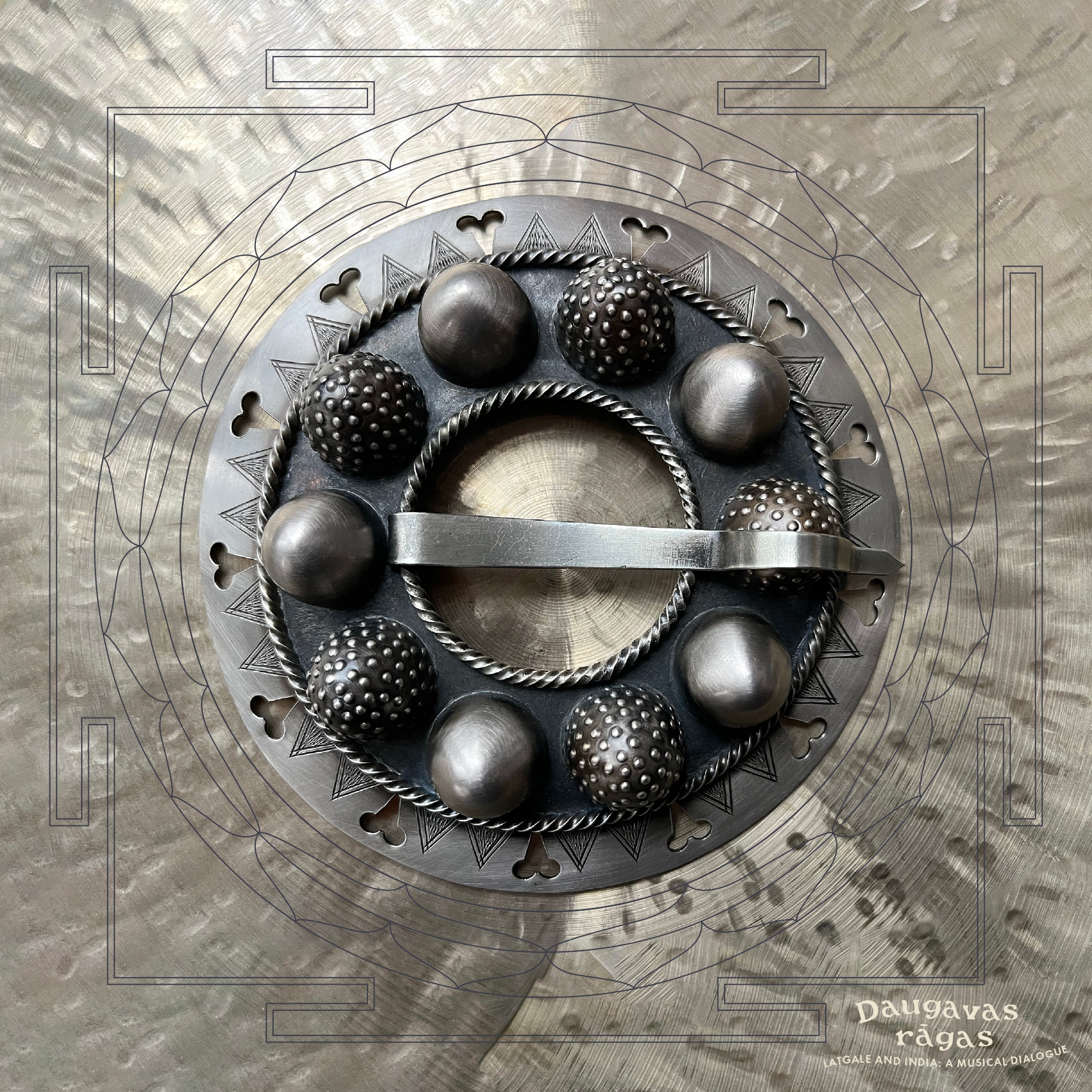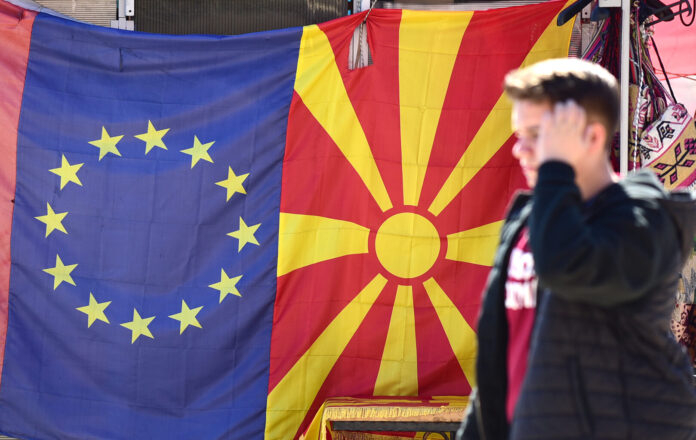The President wants to facilitate the public’s involvement in legislation / day

Currently, at least 10% of the voting population, or approximately 150,000 Latvian citizens who have reached the age of 18, must be signed for the initiative to be considered successful. Then the legislative proposal may come to a referendum or referendum.
The plan submitted by the President’s Saeima envisages reducing the threshold of this original signature to one twentieth or 5% of the number of voters participating in the last Saeima elections.
According to Rinkēvičs, in order to avoid the useless use of public funds and to ensure that bills on issues that are really important and topical to the public are being promoted to collect signatures, the state active participation in the process of collecting signatures would be started if at least one twenty part of the last Saeima election has signed.
The President states that the collection of signatures should be organized in the same order as the law lays down in terms of referendum, in addition, providing for the second phase of signature collection on the voter legislative initiative to sign electronically.
« It is important to emphasize that the right to submit a draft amendment to the Constitution to the President is still at least one -tenth of the voters, as provided for in the Constitution, » Rinkevich points out.
He adds that the CEC will continue to assess whether the bill submitted by the electorate or the draft amendment to the Constitution in form and content will be fully elaborated before the voter legislative initiative.
The rights of the electoral legislative initiative must be not only theoretically, but also practically implemented, based on his suggestion by Rinkēvičs.
According to LETA, Martins Dreger, the President’s adviser, has signed and sent a bill to the Saeima Presidium on Monday, which, in the president, could « strengthen the involvement of voting citizens’ involvement in deciding important issues to society
The President states that in Latvia, as a democratic legal republic, the people must be able to influence decision -making in the country. In his view, the will of the people must be at the heart of the state and be a source of state power. Rinkēvičs emphasizes that the rights of voter legislative initiatives are an important tool by which the nation – a sovereign – can act as a legislator and express his or her opinion on the need for a law.
Rinkēvičs draws attention to the fact that, with the amendments to the Law on the Referendum of November 8, 2012, the national participation in the signature collection process on the legislative initiatives submitted by the voters has significantly reduced.
« Although the Constitutional Court concluded on February 12, 2014 that this new procedure for collecting signatures was in line with the Satversme, it at the same time emphasized that the legislator should keep up with the requirements of the legal framework and voters to implement his or her legislative initiative. »
He emphasizes that since 2013, the President has not been submitted to the President and no voters have been drafted by the Saeima or a draft law or draft amendment to the Constitution. Rinkēvičs notes that this raises doubts as to whether the existing procedure truly allows voters to effectively enforce their legislative initiative rights.
« Renovating the collection of signatures on the bills submitted by the voters or draft amendments to the Constitution in two stages and ensuring greater the state involvement in the signature collection process would strengthen the involvement of voting citizens in deciding important issues to society.
The draft law provides that the procedure for submitting the new voter legislative initiatives would be attributed to the draft laws or draft Constitutional amendments submitted to the CVK evaluation and registration after 1 January 2027 to enable the authorities to take all necessary measures to ensure the new order.
It has already been reported that at the beginning of the year, the President pointed out the need to review the conditions for initiating a referendum. Rinkevich explained that, according to his plan, the threshold could not be used on issues affecting the core of the Constitution.
In order to be successful in collecting signatures, at least 10% of the voting population, or about 150,000 Latvian citizens over the age of 18, must be signed as the initiative.
Since 2012, the procedure for collecting signatures has been changed to initiate a draft law or amendment to the Constitutional amendments and initiating the Saeima withdrawal, and no referendum has taken place in Latvia, although dozens of legislative initiatives were submitted to the CEC. Since then, no initiative has collected the required number of signatures to submit it to the Saeima.
The last referendum on amendments to the Satversme, which proposed the status of the second state language, was the last to amend the Constitution. This referendum was rejected.
Until then, 10,000 signatures had enough referendums to initiate referendums, and some politicians believed that such a threshold was too low. After making the amendments, the opposition and the non -power politicians have accused that the 10% voter threshold for initiating referendums, in turn, is disproportionately high and prevents a referendum in general.





/s3/static.nrc.nl/wp-content/uploads/2025/05/30220631/web-3005BUI_Swift.jpg)
